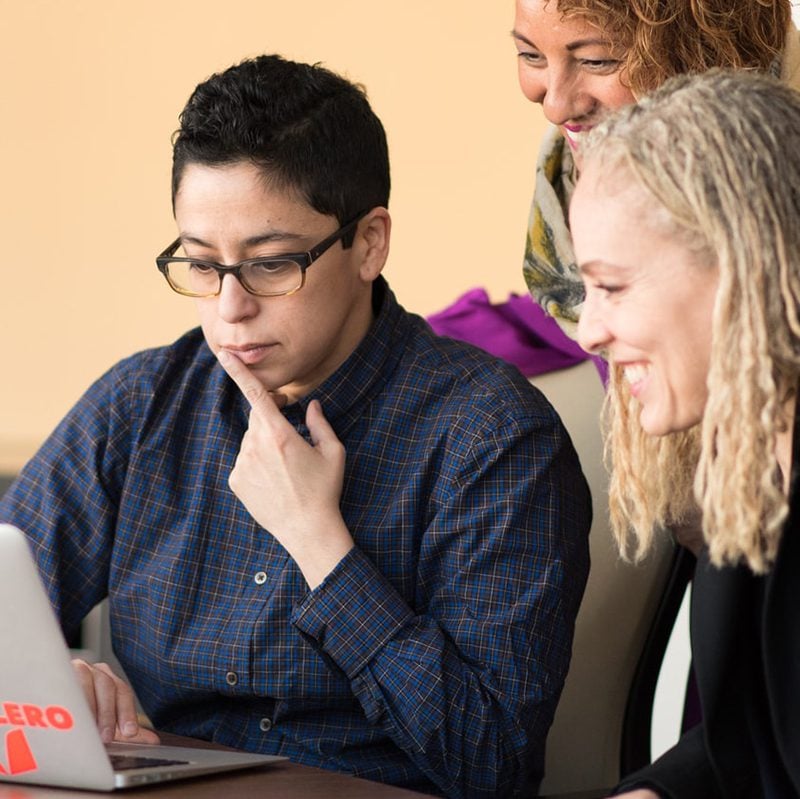Subject Matter Experts (SMEs), the oracles of knowledge, provide the expertise for curriculum and course development. They know the subject, perhaps taught it, made a course on their own before, or worked in an industry for many, many years. When developing the content, leaders, instructional designers (IDs), and other team members rely on them to ensure the content moves in the best direction; they review if the content is reliable. Yet, the curriculum development process may lack clarity. Team members may not know their role or not meet the expectations. Therefore, leaders should understand these situations when directing SMEs when developing courses.
Establish a Positive Relationship Between Subject Matter Experts and the Instructional Designers
When developing curriculum or courses, leaders review how the SME and the instructional work together. Leaders will guide this relationship. For instance, deans and other leaders direct the IDs not to overwhelm the subject matter expert with details. Additionally, the ID can set a positive tone by not explaining: “how the course or curriculum needs to change” but focusing on “what’s best for the learners.” Besides that, using questions is a great way to establish a connection between the two course mavens. On a college campus, IDs and subject matter experts could meet regularly. Thus, leadership spurs the growth of this relationship by providing guidelines for meetings or by setting up regular interactions.
Set Clear Expectations for Subject Matter Experts
Besides that, creating clear expectations helps the curriculum development process. Leaders review time commitment, changes, responsibilities, and the learning objectives for SMEs and other team members. A subject matter expert might work in-house or as an outside specialist. Thus, the college or provider sets commitment expectations for the SME—they tend to be busy like most people. Leaders understand how much time is needed. Therefore, a team meeting addresses these nuggets. It sets a time for the SME and the ID to review the learning objectives. The meeting time provides an opportunity to “air out” any differences. The team, particularly the SME, determines the resources that support the course or curriculum development.
Yet, Understand the Subject Matter Expert’s Point of View
Therefore, leaders consider the point of view of the subject matter expert. These experts, who are likely the professors, can be hesitant. They might think, “Why does my content need to be improved?” Thus, leaders step in and guide the process between the SME and the instructional designer. Promoting an open space encourages an equal exchange between the SME and ID. Moreover, this environment aids the design or redesign process for the course or curriculum development. It can prevent conflict. Yet, some SMEs might not like the changes and will need to accept them. Therefore, leaders map and create a process where each team member will be successful.
But, What if the Curriculum Development Process Goes Awry?
Frankly, not all curriculum developing processes run smoothly. The SMEs might be set and ready to go. The instructional designer, a top-notch ace, who designed last year’s great course, which everyone raved about, presents an exuberant redesign. The artwork and resources send the right messages and support the learning objectives. Yet, in the end, the course or curriculum product does not meet the expectations—it’s just not up-to-par. Also, many colleges or providers lack a team to produce consistent content. They require time and resources that are not available. Therefore, leaders can turn to a third-party vendor who will meet the expectations and build the curriculum or a course. They have the SMEs, IDs,– the team to develop a curriculum from start to finish.
Overall, SMEs guide and vet the content to ensure it is reliable. Yet, IDs should have an open mind if they previously made the content. At first, they might not see how it can be improved. Yet, IDs try not to overdo SMEs with details. Leaders check for these attributes: a positive relationship, effective student learning, and outcomes. However, tenuous or unproductive situations are sometimes unavoidable, so the provider or college can seek a third-party vendor to complete the curriculum or course development.




